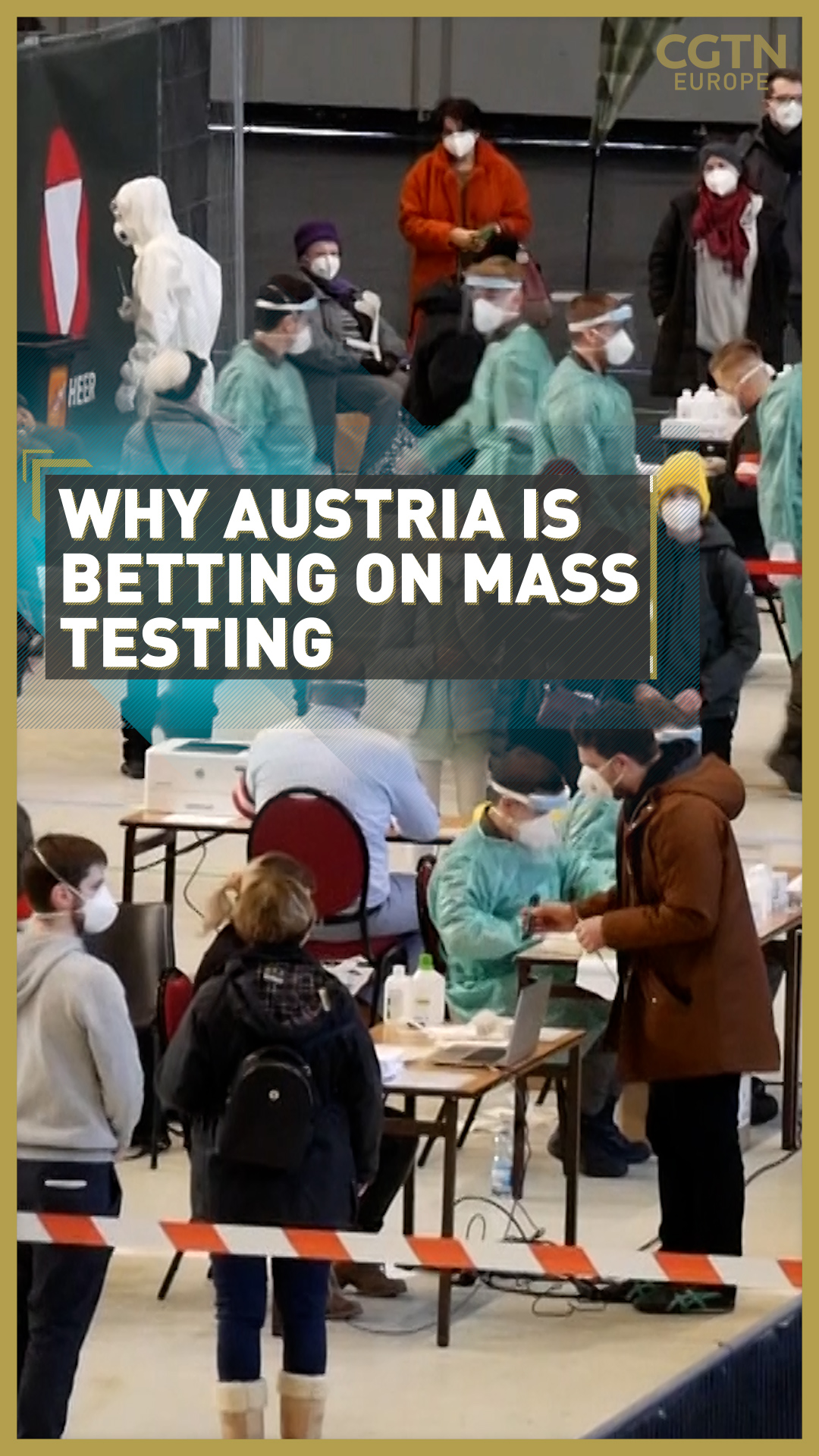TOP HEADLINES
- Italy has blocked a shipment of 250,000 dose of the AstraZeneca vaccine from Rome to Australia after AstraZeneca failed to meet its EU contract commitments. AstraZeneca had requested permission from the Italian government to export the doses, but it said no – a decision backed by the EU.
- Italy and Germany will only administer a single vaccine dose to people who have previously been infected by the virus. The recommendation applies to people diagnosed between three and six months previously.
- Spain has become the fifth country in Europe to register more than 70,000 COVID-19 deaths since the start of the pandemic, after a further 446 fatalities were reported in the past 24 hours.
- Sweden and Germany have become the latest countries to recommend the use of the Oxford University-AstraZeneca vaccine on over-65s, a U-turn on its previous advise that the jab should only be used on younger people.
- Hungary is to close all shops apart from food stores and pharmacies and shift to remote learning in primary schools amid a surge in infections the government is calling a third wave.
- The European Union's vaccination program should be able to inoculate "all those who need" a jab by the end of the summer at the latest, its Industry Commissioner Thierry Breton has said.
- Slovakia will receive 15,000 doses of the Oxford University-AstraZeneca vaccine from France, Prime Minister Igor Matovic has said. It has also transferred its first patients to Poland in a bid to relieve stress on its already stretched healthcare system amid a spike in infections.
- Ukraine has reported its first two cases of the variant first discovered in the UK. The man and a woman took the tests between February 18 and February 19 in the western Ivano-Frankivsk region of the country, officials have said.
- Europe's medicines regulator, the European Medicines Agency, has started a real-time review of Russia's Sputnik V jab for possible approval across the continent.
- Germany's Chancellor Angela Merkel has unveiled plans to gradually ease the nationwide virus restrictions after hours of talks between state leaders. From Monday, up to five adults from two households will be allowed to meet up, currently only one household is allowed to meet with one other person. "Today, we can talk of hope and a transition to a new phase," Merkel said.
- Greece has extended its lockdown until at least March 16 amid a surge in infections attributed to the variant first discovered in the UK. "We are at the toughest part of this pandemic," Health Minister Vassilis Kikilias has said.
00:20

ACROSS EUROPE
Natalie Carney in Munich
After marathon talks early into the morning, Chancellor Angela Merkel and the heads of the country's 16 states agreed to extend the country's coronavirus restrictions until March 28.
However, some easing will be allowed. Nationwide, bookshops, flower shops and garden centers will reopen on Monday and meetings of up to five people from two households will also be possible.
In areas where infection rates stay below 50 cases per 100,000 people over seven days, non-essential stores and other businesses will also be allowed to open their doors.
However, Merkel stressed that an "emergency brake" will let authorities reimpose curbs if case numbers go above 100 for three consecutive days.
Merkel also announced that Germany will soon authorize the Oxford University-AstraZeneca vaccine for over-65s in line with recent encouraging studies, a move that would speed up the country's vaccination campaign.
READ MORE
UK budget: The key measures explained
Why joggers should wear masks
China's Two Sessions: What you need to know
Rahul Pathak in Madrid
Spain's COVID-19 death toll has surpassed 70,000. It comes after the country in February suffered its second worst month for virus deaths since the start of the pandemic.
However the number of daily infections continues to fall, suggesting Spain has seen the worst of the third wave. The two-week infection rate has fallen to 159 cases per 100,000, a huge drop from the end of January when the rate was 900 cases per 100, 000.
The Spanish government will be hoping its vaccination campaign will push down the rate yet further.
The health ministry has announced more than 4 million doses of the COVID-19 vaccine have been now administered in Spain. Prime Minister Pedro Sanchez has set a target of having 70 percent of population vaccinated by the summer.
02:40

Julia Chapman in Budapest
Hungary has recorded 6,278 new coronavirus cases, the highest daily figure since early December.
It comes as Central Europe is experiencing its third wave of infections, with cases on the rise across the region. At a WHO briefing, Europe head Hans Kluge said cases on the continent have risen 9 percent in the last week, bringing to an end a six-week decline.
That jump is largely down to the Central European spike. Hungary's government is expected to outline further measures on Thursday to curb the spread of infections. Currently, a curfew is in place after 8 p.m, large gatherings are banned and restaurants and cafes can only offer takeaways.
Toni Waterman in Brussels
Europe's drug regulator The European Medicines Agency (EMA), has launched a rolling review of Russia's COVID-19 vaccine.
It will focus on laboratory and clinical studies in adults and will help speed up the review process for when the full set of data is submitted to the European regulator for approval.
The European Medicines Agency did not give a timeframe on when that could happen. Even without the EMA's sign-off, Russia's Sputnik vaccine is already being shipped to a number of EU member states.
Hungary was the first to approve the jab in January, while Slovakia received 200,000 doses earlier this week. Czechia and Austria have also expressed interest.
Member states are growing increasingly impatient with Europe's slow vaccine roll-out and more and more are going outside the bloc to boost supplies – a move that risks undermining EU solidarity.

Germany's Chancellor Angela Merkel has unveiled plans to gradually ease nationwide virus restrictions. /AP
Germany's Chancellor Angela Merkel has unveiled plans to gradually ease nationwide virus restrictions. /AP
FROM OUR GLOBAL COLLEAGUES
CGTN Europe: The Answers Project – Will soldiers become obsolete?
CGTN China: Turkish university says China's Sinovac vaccine is 83.5 percent effective
CGTN America: U.S. economy got off to 'modest' start in 2021
CGTN Africa: China, Egypt cement solidarity against COVID-19
Sign up here to get the COVID-19 Europe bulletin sent directly to your inbox.
CGTN Europe has been providing in-depth coverage of the novel coronavirus story as it has unfolded. Here you can read the essential information about the crisis.

